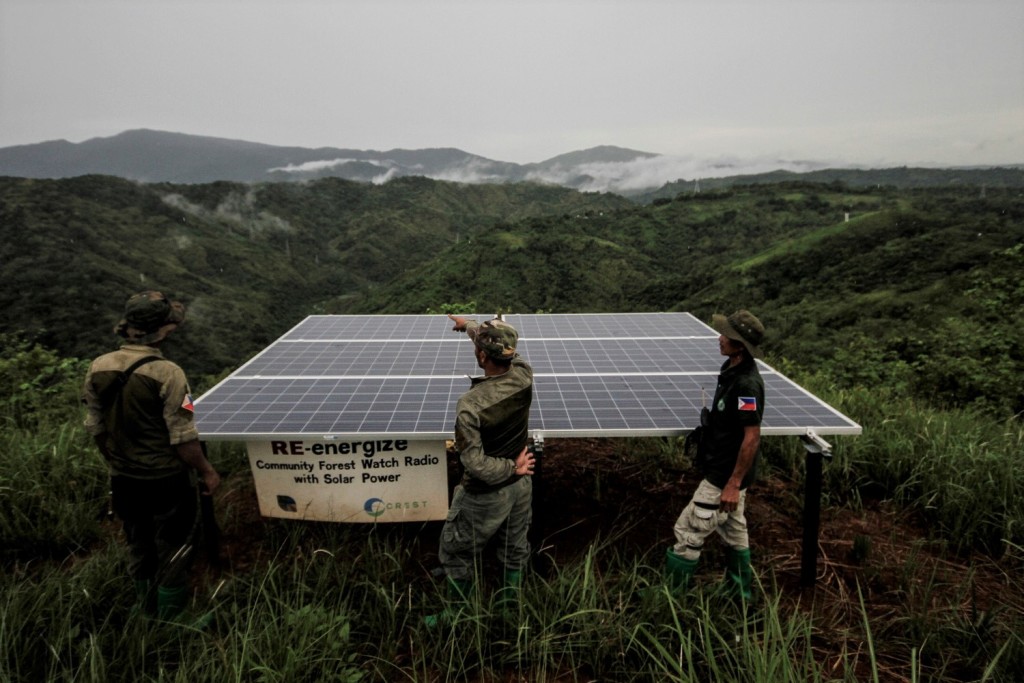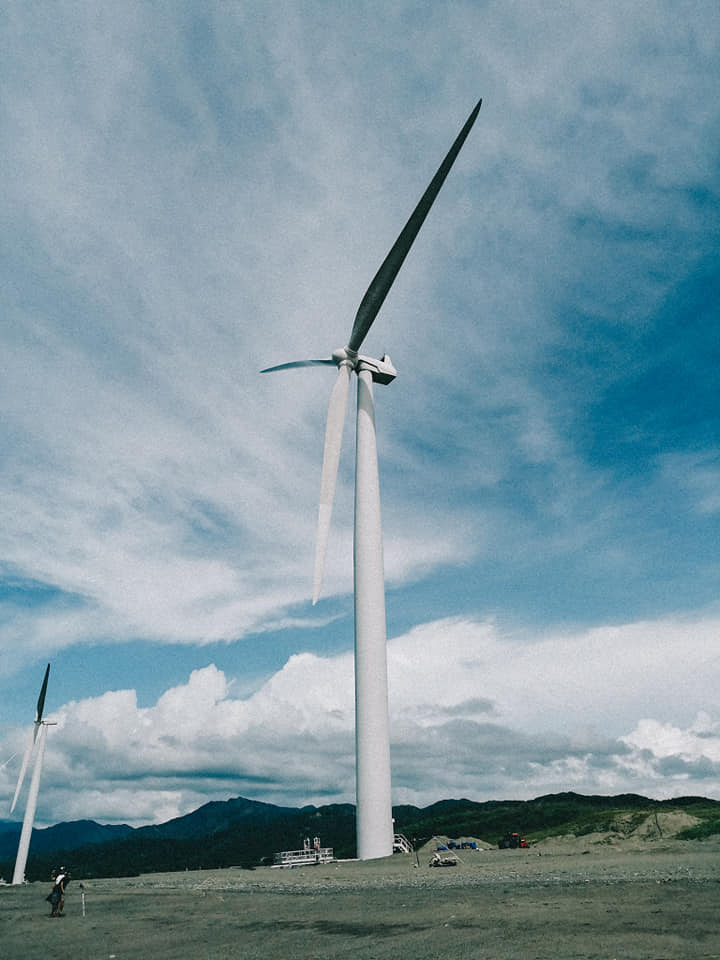Philippine President Rodrigo Duterte’s call to fast-track transition to renewable energy from coal use is a welcome move for most civil society groups and the national government as it has an important implication for the country’s climate future, and for the global effort to meet the 1.5 degrees Celsius climate goal.
The Climate Change Commission (CCC) said the policy pronouncement of the President to advance rapidly renewable energy deployment and reduce the country’s dependence on coal for energy generation, a strategy aligned with achieving the goal of the Paris Agreement on climate change which the Philippine government ratified in March 2017.
“We recognize the urgent need to ensure the sustainability and availability of resources and the development of alternative ones. In this regard, I trust that Secretary (Alfonso) Cusi (Department of Energy) shall fast-track the development of renewable energy sources and to reduce dependence on traditional energy sources such as coal,” President Duterte said in his Fourth State of the Nation Address (SONA).
The presidential directive effectively sends a clear signal to policymakers, regulators, investors, and energy industry executives to promote and invest in more affordable, reliable, and cleaner power infrastructure, which in turn, builds diversity of electricity generation, and bakes in long-term energy sector price deflation.
“The president’s SONA pronouncement on coal energy clearly conveys that the country is not only taking the low-carbon development pathway, but will also pursue it faster,” said CCC Secretary Emmanuel De Guzman. “This only means that the country shall pursue socioeconomic development in a manner that is clean, healthy, and sustainable for the Filipino people,” De Guzman explained. “This also means that technology development and transfer and investment in renewable energy and energy efficiency, the country’s energy sector’s transition as a whole, will have to take place in an accelerated manner.”
De Guzman also cited that the Renewable Energy Act of 2008 provides the legal and institutional framework necessary for harmonizing policies on the development of renewable energy technologies. The Act aims to enable the Philippines to move rapidly towards its goal by developing and utilizing resources such as solar, wind, hydropower, ocean and biomass energy.

Dumagat forest rangers stand beside a solar micro-grid in Norzagaray, Bulacan, northern Philippines on 26 June 2018.
Photo by Alanah Torralba
“Renewable energy can provide a major share of the Philippine electricity mix in a stable and reliable manner and at the same time increase energy self-sufficiency and reduce supply-related risks,” De Guzman said. “We must act swiftly to transform our energy sector and to deliver its socioeconomic benefits to the Filipino people as we also help achieve the 1.5C Paris goal.”
He referred to the Special Report on Global Warming of 1.5 degrees Celsius, noting that limiting warming to 1.5C entails dramatic emission reductions by 2030 and carbon neutrality by around 2050. This means there is a need to take advantage of the increasing availability of affordable, renewable and efficient energy solutions.
Renato Redentor Constantino, executive director of the Institute for Climate and Sustainable Cities, said the President’s call is the signal that policymakers need to hear, adding that the Philippines is needlessly dependent on economically harmful, unreliable and heavily subsidized polluting coal and imported fossil fuels.
” The country already has $21 billion worth of stranding coal plant assets in the pipeline, and we already pay more than $200 million per year in diesel subsidies. But we can achieve energy security and secure more affordable, cleaner power by hastening the transition to renewable energy,” Constantino explained.
The Philippines’ total installed power generating capacity continued to grow from 22,728 megawatts in 2017 to 23,815 megawatts in 2018, according to the DOE Philippine 2018 Energy Situation. It added that coal-fired power plants constitute the largest share of the installed and dependable capacity in 2017 with 8,049 megawatts and 8,844 megawatts in 2018. Among renewable energy technologies, hydropower maintains the highest share (1,134 megawatts), wherein the majority comes from the Mindanao Grid.
“According to our review, energy efficiency is the easiest and often cheapest way to reduce the need for expansion of coal power generation. And with the country’s energy demand projected to increase by 80 percent between 2017 and 2040, improving energy efficiency in the building sector would be our best course to reduce emissions,” De Guzman said.
Since 2016, the CCC has been facilitating a national policy review and framework development on energy, through a whole-of-nation approach, in order to develop a clear policy on coal-fired power plants in pursuit of a low carbon development pathway for the country.
“The President’s policy pronouncement comes in a crucial time when we are finalizing our country’s first Nationally Determined Contributions (NDC), our commitment under the Paris Agreement, due for submission this year,” De Guzman explained.
The CCC has been working closely with all government agencies and civil society in defining the targets and pathways for the country’s low-carbon development from now until 2040. At present, the National Economic Development Authority (NEDA) is revisiting the Philippine Development Plan and Ambisyon Natin, as well as completing its economic modelling for the NDC by September 2019.
The CCC also supports NEDA, DOE, the Department of Transportation, the Department of Agriculture, the Department of Environment and Natural Resources, the Department of Trade and Industry, the lead agencies of government for the NDC sectors, in whole-of-government-and-society efforts to transition our economic sectors into a green economy.

